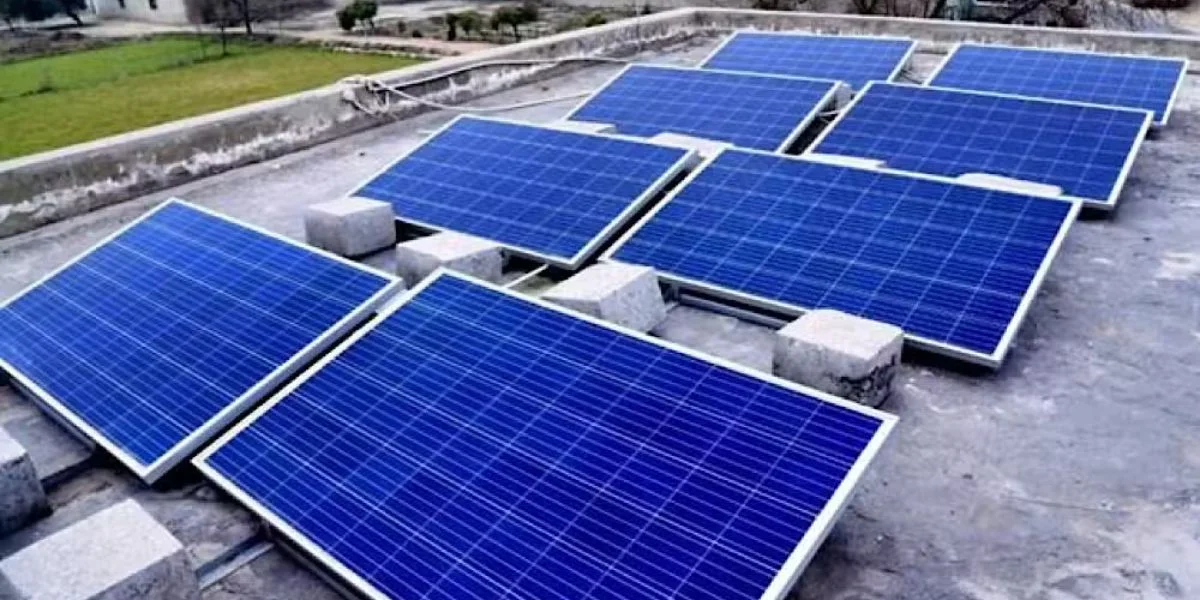Islamabad: Residents of Islamabad have significantly contributed to the region’s energy generation, with over 100 megawatts (MW) of electricity being produced through solar panels.
The Islamabad Electric Supply Company (IESCO) reported that since January 2016, a total of 8,702 net metering connections have been established, generating a cumulative capacity of 106.43 MW. This marks a considerable step toward green energy generation in the city.
IESCO has seen a rapid increase in the number of applications for net metering, which allows consumers to generate electricity using renewable sources like solar panels.
Manager Public Relations, Asim Nazir Raja, confirmed that between January 2016 and February 2023, the company processed 9,177 applications, bringing the total generation capacity to 114.29 MW.
However, this data only reflects the situation up until February 2023, and it is likely that the current generation capacity exceeds 106 MW, especially considering the additional capacity added after February 2023.
These connections are not limited to Islamabad; IESCO covers several regions, including areas outside the capital.
Even without considering the non-Islamabad areas, the residents of Islamabad are likely producing well above 100 MW due to the growth of installations after the data cutoff.
Raja further explained that 7,781 net metering connections, with a total capacity of 95.35 MW, have already begun importing and exporting electricity.
These transactions reflect the success of the net metering program, which allows consumers to sell surplus energy back to the grid.
The IESCO has paid Rs.2,327,559 to connection holders up until June 2022, further demonstrating the financial benefit for residents generating excess energy.
The net metering system, introduced in 2016, allows households, businesses, and industries to generate electricity from 1 kW to 1 MW.
For connections with a capacity of up to 25 kW, IESCO issues licenses, while higher capacity connections are licensed by the National Electric Power Regulatory Authority (NEPRA).
The system also offers a monthly stocktaking mechanism where consumers can sell their surplus energy to the respective distribution companies, making it an attractive option for those looking to reduce energy costs while contributing to the national grid.
This initiative supports Pakistan’s renewable energy goals, providing a significant contribution to the nation’s energy mix.


Comments are closed.